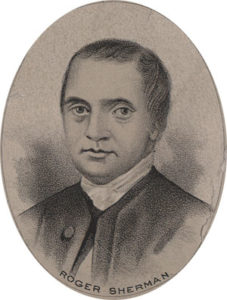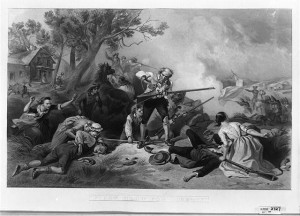Jon Agee (born Nyack, New York, 1960) writes and illustrates books for children. His books include Milo’s Hat Trick and Ludlow Laughs. Children can visit his interesting website at: Jon Agee.
Sarah G. Bagley (born Candia, New Hampshire, 1806; died Philadelphia, Pennsylvania, January 15, 1889) became the first female telegraph operator on February 21, 1846. A women’s rights advocate, she also worked to make millwork safer for women. Children could read an excellent biography of her at: Sarah G. Bagley.

Lucretia Garfield
Lucretia Rudolph Garfield (born Hiram, Ohio, 1832; died South Pasadena, California, March 14, 1918) was America’s First Lady from March 4, 1881 to September 19, 1881. She was the wife of James A. Garfield, twentieth president of the United States. Children can visit a website at: Lucretia Garfield.
Jean Lee Latham (born Buckhannon, West Virginia, 1902; died Florida, June 13, 1995) wrote at least 34 books, mainly biographies, for children. Her book Carry On, Mr. Bowditch received the 1956 Newbery Medal.

Roger Sherman
Roger Sherman (born Newton, Massachusetts, 1721; died New Haven, Connecticut, July 23, 1793) was the only patriot to sign four of America’s most valuable documents, the Articles of Association, the Declaration of Independence, the Articles of Confederation, and the United States Constitution. He also served in the House of Representatives from 1789 to 1791 and in the Senate from 1791 to 1793. Children could read the chapter about Roger Sherman in American Revolutionaries and Founders of the Nation, by James Meisner, Jr. and Amy Ruth. Children can learn more at: Roger Sherman.
Javaka Steptoe (born New York, New York, 1971) writes and illustrates children’s books. He received the 1998 Coretta Scott King Award for In Daddy’s Arms I Am Tall. Steptoe received a 2011 Coretta Scott King Honor Award for Jimi Sounds Like a Rainbow. He also earned the 2017 Caldecott Medal for his book Radiant Child: The Story of Young Artist Jean-Michel Basquiat. Children can visit his website at: Javaka Steptoe.


